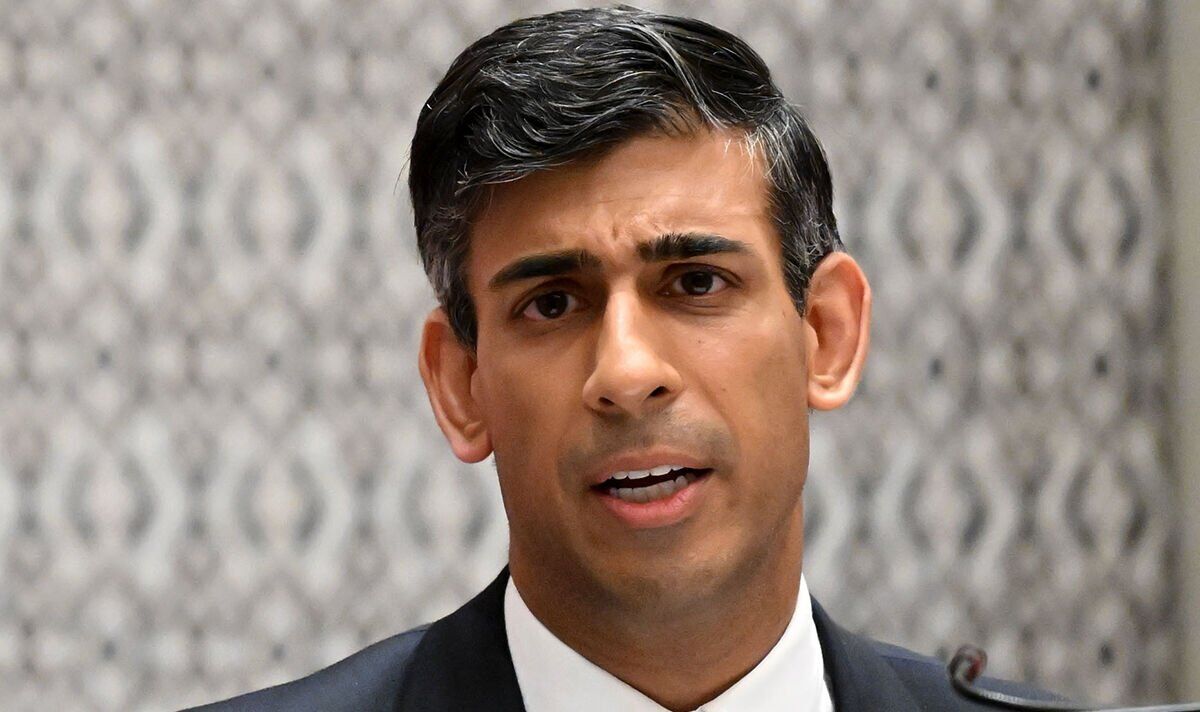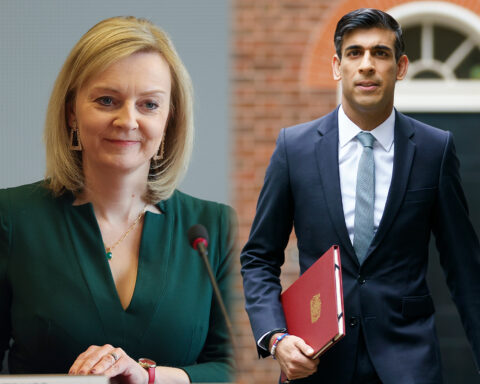Rishi Sunak’s unprecedented series of flip flops underlines the fundamental weakness of the Prime Minister and growing strength and confidence of Conservative rebels who have forced the Government into three major climbdowns this week.
Mr Sunak has so far dropped his opposition to onshore wind farms, plans to impose compulsory house-building targets for council areas and pulled an Education Bill that was designed to improve standards in the last seven days.
While Government’s frequently amend and even pull policies, the speed and number of u-turns will be deeply troubling to Government whips, who have on paper at least, a massive majority and should be able to push through legislation with relative ease.
Speaking about the changes to compulsory housing targets, Levelling Up Secretary Michael Gove said they were: “a sensible compromise” with local authorities incentivised to adopt local development plans drawn up in consultation with residents.
“When I came into this job I said we need to create neighbourhoods not dormitories, and that is what this will achieve,” he said.
“What we will see is more homes being built in places where we need them.
“The current planning system is dysfunctional and in need of reform.
“We need to change it to ensure that developments have the characteristics that communities cherish.”
Sounds very reasonable, but even last week Government ministers were arguing forcefully that compulsory targets were essential, to build the houses that the country need, but in the face of opposition of around 60 Conservative MPs, the PM has crumbled.
The second flip flop was the Government’s decision to drop its ban on onshore windfarms. Sunak allies tried to claim that the decision to relax the ban on onshore wind was due to the changed political and economic situation that the UK is in following the invasion of the Ukraine by Russia. However, his critics point out that as recently as this summer the PM was tweeting his support for the moratorium, months after the invasion started and when its impact on energy prices was well known.
And in a further sign of problems for Mr Sunak, Tory rebels are not limited to the Commons, as the education legislation for schools in England, was pulled because of the mauling it was getting in the House of Lords. Opposition to the bill included several Tory peers who opposed its key measures which included introducing a register for home-schooled children and protections for faith schools joining academy trusts.
Speaking about the decision to pull the legislation, Secretary of State for Education, Gillian Keegan told Parliament’s Education Committee that the Government was still committed to legislating on those measures. However, she said that she could not commit to a timescale.
One Conservative MP, told parliamentnews.co.uk that “Government flip flopping” was “becoming the norm”, pointing out that other legislation had either been watered down or delayed, including free speech protections for university students and academics.
While a veteran Westminster watcher commented that shortly after becoming the Conservative leader and PM, the Richmond MP told his party that it must, “unite or die”, but Mr Sunak has failed to bring his party together and far from leading is being “tossed about like flotsam and jetsam on a tide”.
He added that Conservative backbenchers had got a taste for rebellion and given the PM’s relatively weak position, lack of mandate, invisibility since his elevation to Conservative Party Leader, a perceived lack of strategy that “there will be many more rebellions”. This means that the Prime Ministers reported relaunch speech in the New Year will take on even more importance. Mr Sunak will have to set out how the Conservative Party can win the next election, when it is trailing the Labour Party consistently in every major poll and what his vision is the UK?






